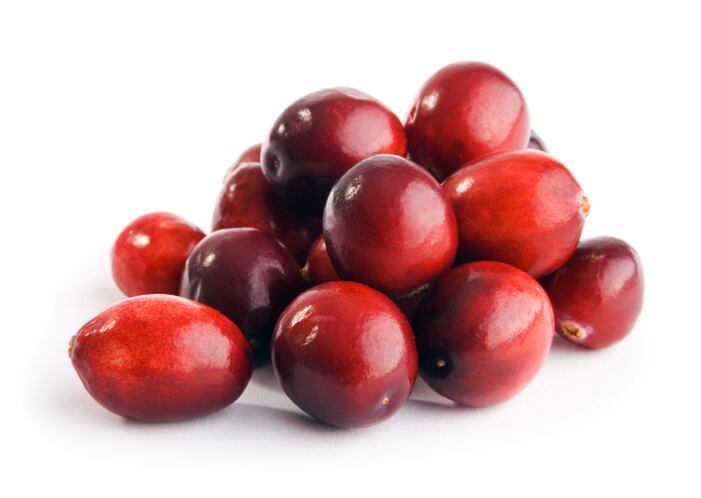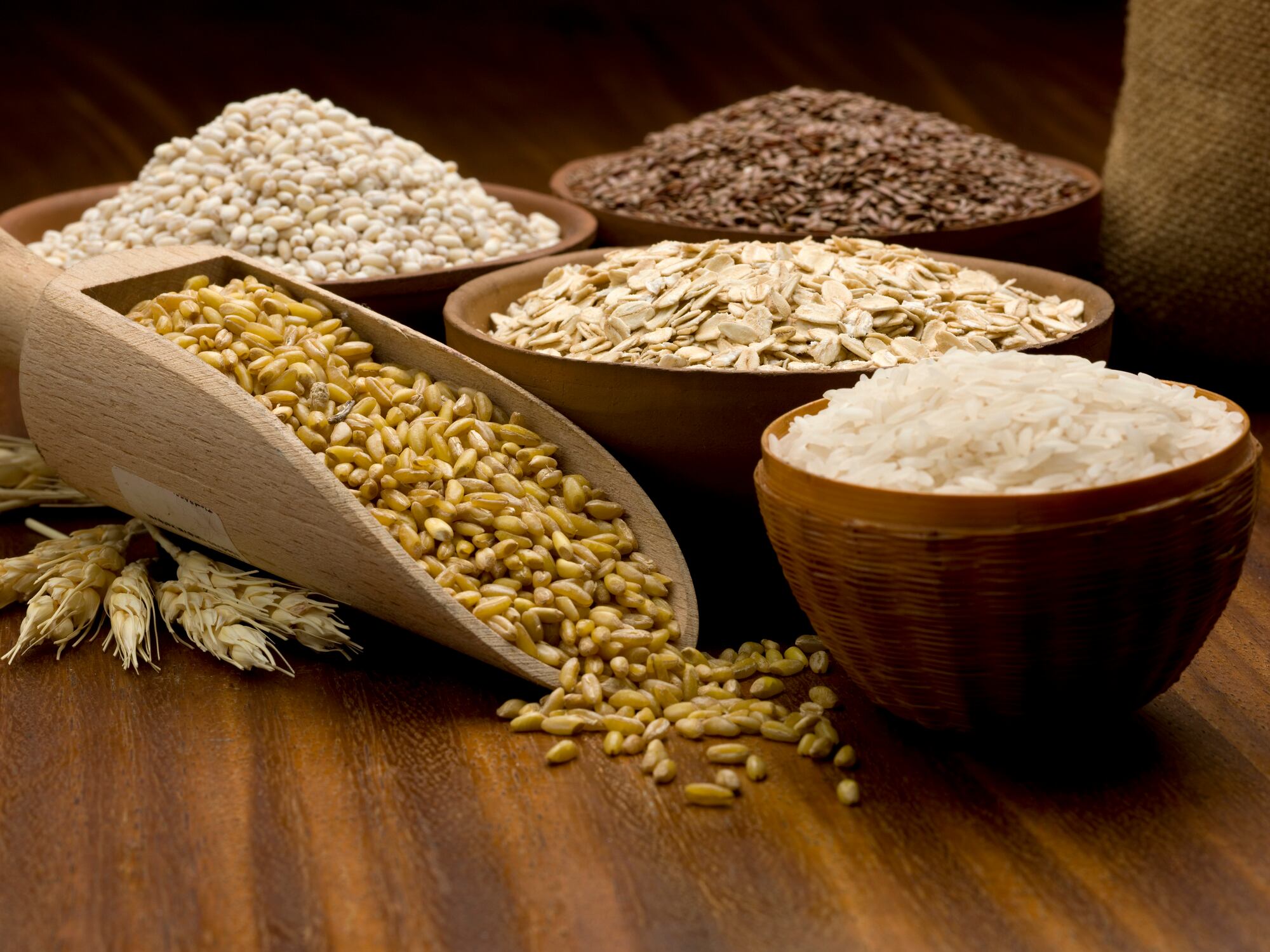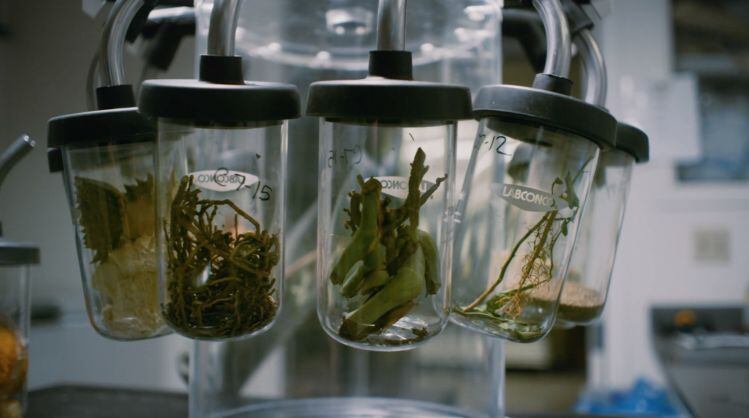But what can a foodtech startup teach Ocean Spray about cranberries, bearing in mind it’s been growing them for almost 100 years and probing their health benefits for decades?
You’d be surprised, says Brightseed, which was launched by three former Eat Just employees in 2017 (Sofia Elizondo, Lee Chae, and Jim Flatt) and has since announced a high-profile partnership with Danone and started conducting clinical trials on two natural compounds associated with liver and metabolic health benefits.
“Ocean Spray already knew about 600 phytochemicals in cranberries,” Brightseed co-founder Sofia Elizondo told FoodNavigator-USA.
“Forager [Brightseed’s AI platform] found over 6,000. And out of those 6,000, hundreds of them are connected to health benefits around brain and around immunity, which is really exciting."
Forager AI
So how does it work?
“In our lab we process the plants physically, we fractionate them out and then we put the smallest fractions through the most advanced mass spectrometers," said Elizondo.
This tells you about the mass of any given small molecule, but the machine doesn't know what each molecule is.
Which is where Forager AI comes in, she said. “We put all of that data to the cloud, and we’re able to featurize that data not only with the information from the mass spec, but with hundreds of features or characterizations that describe these molecules, and then with our pattern recognition algorithms, we can predict what these compounds are, which is why we're able to see further into the phytochemical space than by using a traditional approach.”
‘It took humanity centuries to understand about 100,000 plant compounds, and in a matter of four years we've already mapped over a million’
Whenever Brightseed finds compounds that are already known to have health benefits, “that's an easy check mark,” she said.
What it finds compounds not previously characterized in the cranberries, Forager can search through data it has been accumulating since 2017 on phytochemicals and associated health benefits, and predict which of these novel cranberry compounds are likely to have which health benefits. This speculative data would then need to validated via clinical trials.
“It took humanity centuries to understand about 100,000 plant compounds, and in a matter of four years we've already mapped over a million.”
Terpenes…
So what’s in cranberry seeds, pulp, and skins?
We already know that polyphenols in cranberries have anti-adhesive properties that may help reduce the risk of recurrent urinary tract infections, and deliver cardiovascular benefits, while fiber in cranberry seeds may have prebiotic effects.
But we’ve only really scratched the surface when it comes to unlocking their potential health benefits, claimed Elizondo.
“Forager also found other compounds, more terpenes than are currently recorded. What Forager can then do is predict that these compounds are likely to work for these functions in the brain,” which is something that can then be validated via targeted clinical research.
‘Drinking cranberry juice from different varieties is like drinking wine from different grapes or grapes grown in different regions or soils’
Another exciting part of the collaboration with Ocean Spray is looking at different cranberry varieties, said Elizondo.
“Drinking cranberry juice from different varieties is like drinking wine from different grapes or grapes grown in different regions or soils. And the health benefits can also vary. So we asked Forager to analyze seven different varieties of cranberries from Yellow Bell to Crimson Queen with the goal to develop the most comprehensive nutritional profile of the cranberry and create unique molecular fingerprints for each of these varieties.
“This results in more detail about their molecular composition that has ever been recorded or published in the literature and it will form the fundamental basis of Ocean Spray’s next generation of functional products.”
Actionable insights?
But what might all this actually mean in practice?
Should potential new health benefits from plants identified by Forager then be validated by its partners through clinical research, this might simply bolster their marketing messaging and help them reach new consumers, or it could lead to the development of novel nutraceuticals or functional foods, or it could help inform breeding programs (to increase the levels of compounds of interest, for example), said Elizondo.
“Our agreement with Brightseed puts us on a path to profiling our cranberry varieties and understanding their health potential like never before. The insights from this agreement will support us as we continue to innovate healthy products for our consumers, in addition to informing how we grow, separate, and treat our cranberries to optimize for target health benefits and sustainability," said Katy Galle, SVP Research & Development, Ocean Spray Cranberries
“With over 100 cranberry varieties, the vast majority of compounds in cranberries have never been explored for their impact in the human body, however, they carry enormous potential to open up new dimensions for health and wellness.”




